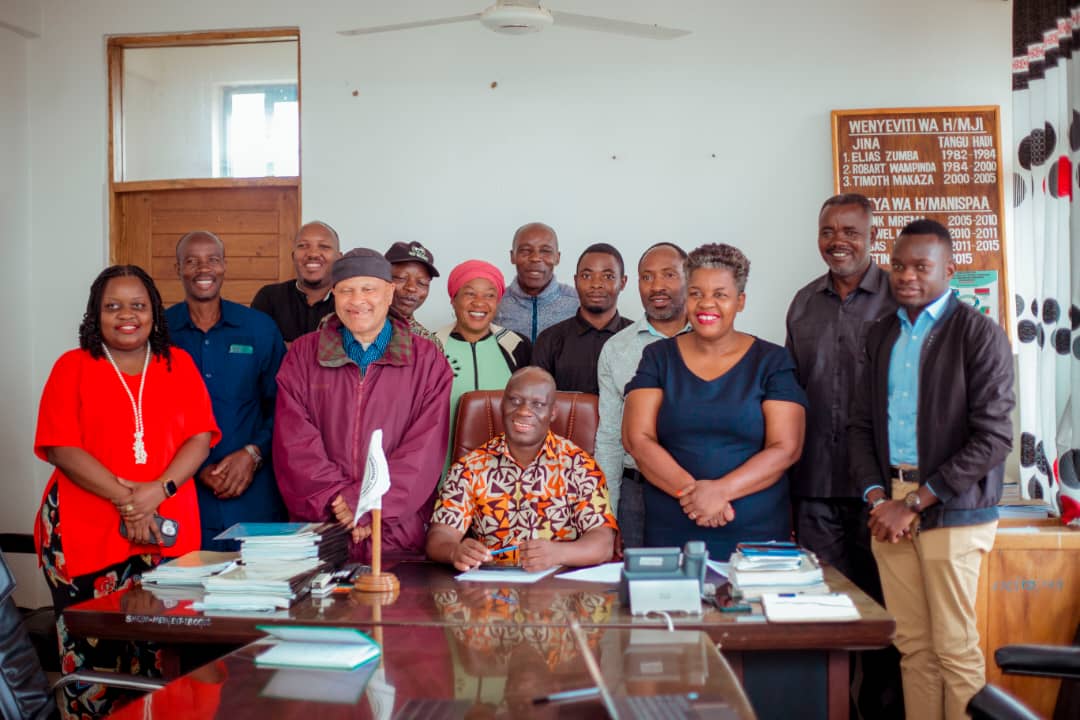Tanzanians urged to embrace Intangible Cultural Heritage

TANZANIANS have been advised to embrace intangible cultural heritage as doing so will help to transmit knowledge on food preservation to sustain them during natural calamities.
Sumbawanga Mayor Justin Malisawa made the call in Sumbawanga on Thursday while officiating a one-day dialogue to develop a guideline to enact a by- law on intangible cultural heritage.
The move is meant to enable the district council to promote, preserve intangible cultural heritage in the district and promote employment opportunities for youth and women in the region.
The mayor recalled that in the past, food stuff was preserved and prepared in a way that saw people live long as the traditional methods did not use any chemicals.
“In the past, we would munch on maize cobs and green vegetables even during drought but that knowledge is now distinct as we have failed to transmit it to the new generation. The idea to come with a guideline and a by- law has come timely as this could revive the old knowledge,” said the mayor.
For her Part, Advocate Philomena Mwalongo a legal consultant from the Tanzania Media for Community Development (TAMCODE) called upon the need for the country to come up with specific laws to recognize traditional leaders and culture issues to promote both tangible and intangible cultural heritage.
“There is also a need to ensure that our museums cover our native historical background rather than that of others.
Traditional languages are also under siege as most youth cannot speak it, let alone utilize the traditional food preservation methods.
Our focus should be to protect, preserve and promote intangible cultural heritage so that we can foster employment for women and youth, “said the Advocate.
For his part, Sumbawanga District Legal Officer Mathew Madama commended the move to initiate talks on a specific by law on intangible cultural heritage saying it will help to preserve some of the traditional songs which are now taken by artists with the native earning little from the income accrued.
“Once we have the by- law in place we will be able to protect intellectual property for the betterment of the natives,” said Madama.
The Tanzania Media for Community Development (TAMCODE) in collaboration with the UNESCO- Alwaleed Philanthropies Project will from January 29 to – February 4th, 2025 engage By- Law makers in Sumbawanga district in Rukwa region and Mpanda District in Katavi region in Tanzania to promote intangible cultural heritage.
The engagement is meant to enable them to discuss and develop a guideline to enact by-laws to be used as an advocacy tool for the adoption of Intangible cultural related issues to promote intangible cultural heritage and foster employment opportunities for youth and women in Tanzania.
The activity is conducted under the project titled Crafting Change, ‘Fostering Community-Based Development through Culture-Related Technical and Vocational Education and Training (TVET) and Employment,’ a move meant to foster economic opportunities, especially for youth and women, while preserving the rich cultural heritage of Tanzania.
The grant initiative is part of a broader three-year partnership between UNESCO and Alwaleed Philanthropies, aligning with the recently adopted global Framework for Culture and Arts Education, which prioritizes the role of arts and culture in driving sustainable development, promoting ethical innovation, and nurturing creativity, critical thinking, lifelong learning, and professional growth.
Alwaleed Philanthropies, led by HRH Princess Lamia bint Majed Al Saud, supports and collaborates on projects and campaigns with a range of philanthropic, governmental and educational organizations to combat poverty, empower women and youth, support livelihoods of communities, provide disaster relief and foster intercultural understanding.





